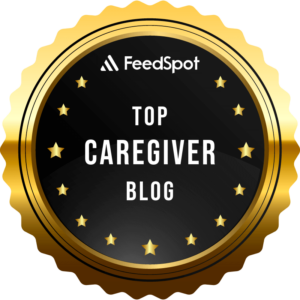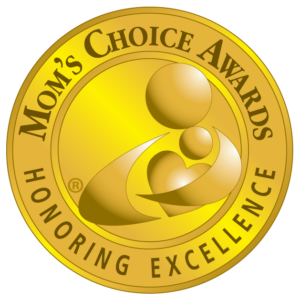
Published on:
Caregiving changes relationships. While this can be disorienting and unwelcome, it’s among the most important things for caregivers to realize as they seek to meet the ongoing needs of a loved one who is aging, sick, or disabled. By recognizing that relationships are changing, caregivers are also uniquely positioned to honor their relationships with care receivers.
If you’ve become a family caregiver, you and your loved one have a shared relationship history. Perhaps you’re caring for your spouse, your parent, your uncle, or a friend. Whatever that relationship is, your interactions with your loved one were historically based upon the roles (e.g., parent-child) that each of you filled in the relationship. The role that you have played in the relationship has personal significance and meaning. The history between the two of you continues to affect the way you perceive and interact with your loved one today.
Caregiving requires a different type of role-based relationship between two people. Remember from last month’s post that the caregiving roles only emerge because of an unanticipated health condition. Nevertheless, if you do it long enough, caregiving will alter the nature of your relationship with your loved one.
You can see how your relationship has changed by comparing the terms of your historic relationship with your loved one to the new terms of your caregiving relationship with your loved one.
For example, think about your relationship with your mother. She bore the special responsibility of raising you when you were a child. Now that you’re an adult, your historic relationship with your mother is embedded in your subconscious mind; it affects how you perceive your mother and how you act around her, even today. Your mom has played a singular role in your life, and it’s hard to imagine her in any other way.
When the mother who cared for you becomes dependent upon care by you, the change can be unexpectedly difficult to comprehend and accept. You might begin the early stages of caregiving by reminding your mother about things she forgets, but eventually, you may find yourself changing your mother’s adult diapers. Family caregivers are not only dismayed to observe a loved one in such need, but they also often struggle to navigate the degree of their own involvement in the caregiving tasks that are required.
Chapter Three of When Caregiving Calls presents research from applied gerontology suggesting that family caregiving is marked by a series of role-based transitions, which start from an initial set of family relations and change over time due to changes in the caregiving context. As the care receiver’s needs become greater, the caregiver’s actions must change—and this changes the caregiver’s role identity within the relationship.
Thus, if you’re caring for your mother, the parent-child history of your lives together becomes intertwined with—or perhaps even subsumed by—the tasks of caregiving that you’re now performing for her. You may even reach the point that you start to ask yourself: who am I now in this relationship?
Although you’re observing changes in your relationship with your mother because of her care-related needs, the woman you’re caring for is still your mother. As a result, honoring your relationship with your mother is a critical component of continuing to care for her.
There are three steps to honoring relationships while caregiving:
- Remembering your historic relationship with your loved one;
- Acknowledging that things are changing due to your loved one’s health conditions;
- Adapting to the terms of an emerging care-based relationship with your loved one without forgetting the history you share together.
Adapting to the terms of a new care-based relationship with your loved one could involve uncomfortable topics of conversation concerning your loved one, the performance of caregiving tasks you never had to do before, or spending more (or less) time together. As the needs of care receivers continue to evolve over time, caregivers must make corresponding adjustments. Through it all, family caregivers remember in their minds and hearts that the person they’re caring for is special.
Honoring relationships allows caregivers to nurture and continue to be present for the important people in their lives. While the functions of caregiving may change the nature of interactions between participants, the historic relationship bond between caregivers and their loved ones motivate caregivers to summon the strength they need to continue to care.
Consider your RELATIONSHIP with your loved one, the care receiver:
- How would you describe your historic relationship with your care receiver?
- How would you describe your current relationship with your care receiver?
- How has caregiving affected your relationship with your care receiver?
- How do you feel about the changes that caregiving has brought into the relationship?
“Honoring Relationships” is a component of Dr. Blight’s Model of Caregiver Resilience. By examining a care situation in light of the five “R” words (Roles, Relationships, Realities, Rewards, and Readiness) in the model, you can identify areas that are causing friction and figure out how best to address those challenges. We are discussing each of the five domains of caregiver resilience, one at a time, over the next few months. Next month’s blog will focus on “Realities.”
If you’d like to invite Dr. Blight to speak to your group, please contact us.
Posted in Aging Parents, Caregiving, Eldercare, Family Caregiving






